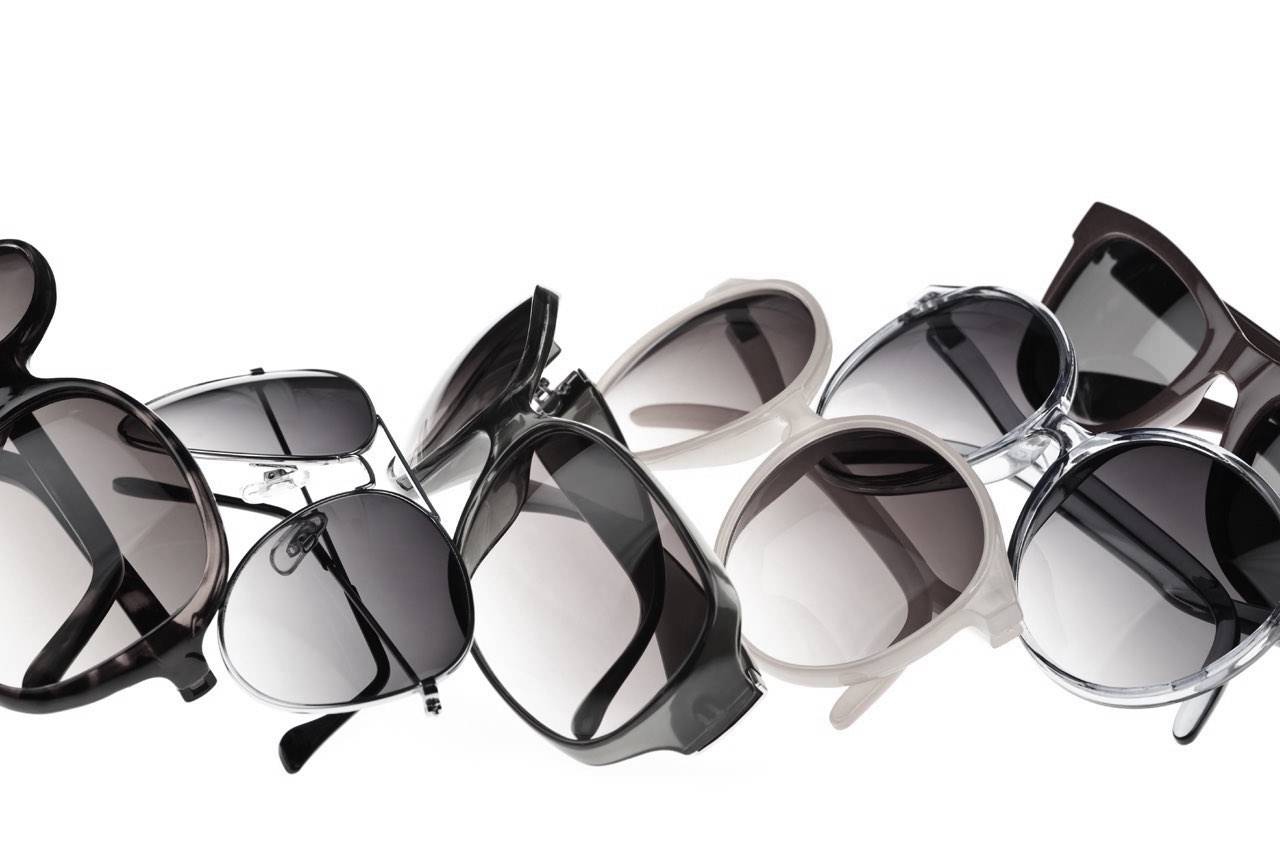
Question: Is there anything I can do to prevent getting ocular surface disease/dry eye?
Dr. Rosenblatt: There are things that could help and that we recommend when we are treating patients – things that have to do with changing habits.
Drinking more water helps a great deal. People who are dehydrated are more likely to have dry eye.
Consuming less fatty foods helps because just as these foods clog arteries and thicken blood, it also thickens the tears and the glands can get clogged and not work properly.
One thing that we recommend that works quite well when we are treating dry eye, which people can certainly do on their own to help the tear glands and eye lids, is what I like to call spa treatment for the eyes. This is moist heat and massage for the eyes. We take a warm and moist cloth and get the glands and lids heated up to about 104 degrees for about 5-10 minutes.
After that we apply some gentle pressure on the lids to help massage the glands and keep them open and working properly. Interestingly enough, there is a lot of industry talk and even a committee whose purpose is to discuss proper eye hygiene. The above is probably something that will come out as one of their recommendations.
If our patients who suffer from ocular surface disease/dry eye would proactively and aggressively do the above three recommendations, they would probably not have to go on medications for treating dry eye.
Question: Many patients come to you saying my eyes keep tearing doctor, what is it?
Dr. Rosenblatt: Yes. Exactly. Ironically, an early symptom of dry eye is excessive tearing and extreme tearing in a windy cold environment. Their eye surface is so sensitive that they tear.
Question: What are treatment methods for ocular surface disease/dry eye?
Dr. Rosenblatt: We can do a lot to treat ocular surface disease. There isn’t a magic pill which will cure everything. All of our treatments are called additive, where we start out with what we recommend and what the patient is willing to do, and we see how it goes and then we will add to that.
Often times our #1 treatment, as we said above, is the moist heat massage, and then to add Omega fatty acid supplements. This helps reduce the inflammation within the glands and helps a lot. These are mineral supplements soft gels. We recommend a brand called PRN (Physician Recommended Nutriceuticals). This brand is formulated to enhance absorption. So you can take fewer and get maximum absorption compared to others at a different formulation.
Artificial tear drops can help, but they are not really getting to the root of the problem. We need to treat this disease from the inside out, so we need to reduce the inflammation and get the glands open and unclogged. The artificial drops don’t help with that at all.
Depending on how severe the problem is or how uncomfortable the patient is, we have oral antibiotics from the Doxycycline family, which patients will go on for a short period of time. This can help the Meibomian glands. We have prescription eye drops. Two drops approved currently in the U.S for increasing the amount of time before the tears break up. These two drops are Restasis and Xiidra.
There are also punctal occlusion (plugs for the tear duct). If we see the patient has a good quality tear, then we can block where our tears naturally drain from so that we maintain more tear on the surface of the eye for a longer period of time. This is a very common and simple procedure we do in our office.
Question: Of all the treatment measures, what is and is not covered by insurance?
Dr. Rosenblatt: Insurance covers the office visits and testing. The antibiotics, Restasis and Xiidra are prescriptions and will be covered. The punctal occlusion is also covered. Anything someone does on their own without a prescription such as moist heat massage and over the counter artificial tears are not covered. The omega fatty acid supplements is also not generally covered.
Question: Is there anything else you would like people to know about ocular surface disease and dry eye which we have not discussed?
Dr. Rosenblatt: The biggest thing with ocular surface disease is that it is a chronic problem which will only worsen over time if not treated. Many people feel that their symptoms are not bad enough for them to do anything about, but it would certainly be a whole lot easier and with much greater success if the disease is treated early on versus later when it has progressed. Please don’t put off seeing your doctor and starting treatment.
Find out more about Latisse treatment from your optometrist in Washington DC!

